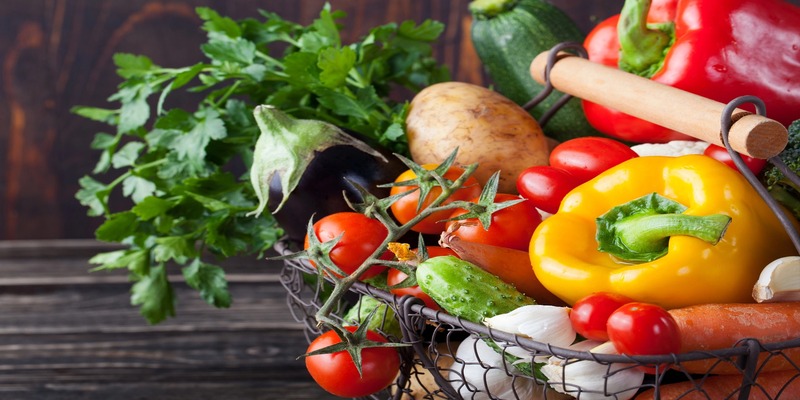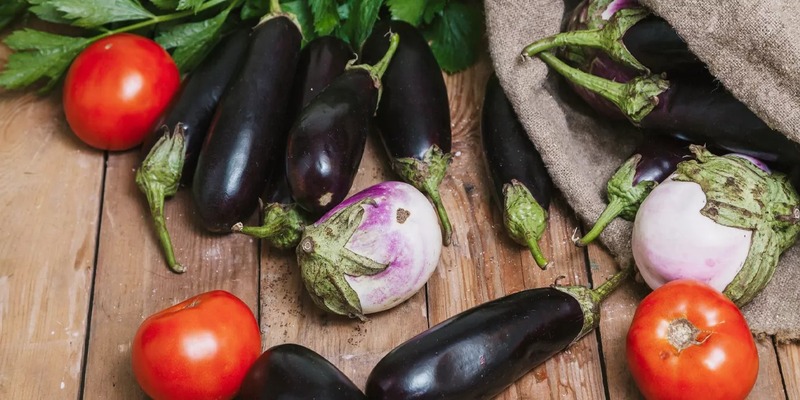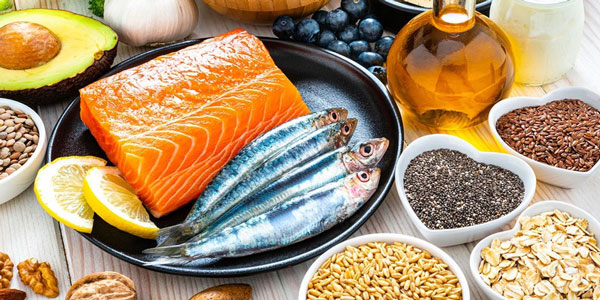These normally harmless vegetables have been given an undeserved negative reputation. Nightshades have been linked to inflammation. Therefore it's time to set the record straight. It's no wonder that nutrition may impact many chronic illnesses, including arthritis, given food's central role in virtually every bodily function.
Yet, many questions remain unanswered concerning how this link manifests in inflammatory arthritis, including rheumatoid arthritis and psoriatic arthritis, even though new research on the body's inflammation response has demonstrated a correlation between nutrition and inflammatory indicators.
Yet it hasn't stopped tales from spreading concerning particular meals or food categories that might induce an inflammatory response, leading to arthritis flares or other symptoms. The nightshade vegetable family is the subject of one such report. Even though it has a name that seems like something Harry Potter would require for his potions lesson, the substance itself is rather boring.
Which Vegetables Are Known as Nightshades?

The Solanaceae family's plants, including tomatoes, white potatoes, eggplant, and peppers, are collectively called nightshades. These vegetables have genetic links to poisonous species, most notably belladonna.
However, they are nonetheless well-known and have a good reputation for being low in calories and nutrients. The name "nightshade vegetable" implies what? While it has never been verified, one notion is that these plants were originally thought to grow in the shade.
What's The Deal With Inflammation and Nightshades?
Despite a lack of evidence from scientific studies, the belief that nightshade foods cause inflammation, especially those implicated in chronic diseases like arthritis, has evolved and persisted. The notion is based on the fact that all nightshade family members contain minor quantities of a solanine chemical.
At extremely high concentrations, solanine is poisonous; in one isolated occurrence in 1983 in Alberta, Canada, 61 schoolchildren, and staff members became ill due to solanine poisoning from eating green potatoes.
Nightshades: A Healthy Choice

Yet as Waldron points out, many of the foods classified as nightshades, which include not only veggies but also spices like cayenne and paprika, are often rich in minerals and antioxidants that have been found to reduce inflammation.
Julie Upton, RD, co-founder of the nonprofit Appetite for Health, notes that many nightshades also provide a wealth of other nutritional advantages in addition to their antioxidant properties. These are a handful of the more popular nightshade veggies and the benefits you could be missing out on if you don't eat them:
Eggplant:
Like other dark-colored fruits and vegetables, the rich purple skin of the eggplant is a sign of healthy phytonutrients. Fiber-rich and loaded with muscle and magnesium, the meat is a nutrient powerhouse.
Tomatoes:
Tomatoes are rich in the antioxidant lycopene, which has been linked to a reduced risk of heart disease and some malignancies, as well as vitamins C and K and beta carotene, which is used by the body to produce vitamin A.
Potatoes:
Potatoes are nutritious superstars despite their terrible image as carbohydrates. A medium Idaho potato offers around 100 calories, four grams of satisfying fiber, potassium, and many other B vitamins and trace minerals.
Peppers:
Carotenoids and vitamin C, both powerful antioxidants, are abundant in bell peppers. Capsaicin, a component of hotter types, has been proven in certain research to provide a modest increase in metabolic rate.
What Exactly Is Inflammation?
While inflammation has a role in many debilitating conditions, such as rheumatoid arthritis and heart disease, it is also a normal physiological function, like digestion.
Inflammation is necessary for the body to repair itself and to fight off diseases. Inflammation functions primarily through the following means: Proteins called cytokines are secreted by your immune system in response to certain stimuli.
This group of compounds includes both pro- and anti-inflammatory agents. An example of such a response is the redness and swelling surrounding a cut. Your body's immune system has secreted healing molecules called pro-inflammatory cytokines.
Yet this mechanism goes out of whack with some autoimmune illnesses. Sometimes, for no apparent reason, the immune system can go into overdrive and induce inflammation.
Dietary Strategies for Inflammation Control
That's encouraging since it means you can alter your present way of life. Changing this is not something that requires a prescription from a medical professional. Both arthritis and rheumatologic diseases "have no known treatment." Nonetheless, it can be placed into remission.
But, if you're overweight, changing your diet to lose weight and cut back on inflammatory processed foods might be an essential element of your overall treatment strategy for arthritis.
Dr. Yu acknowledges the possibility that consuming nightshade vegetables is associated with food sensitivity or allergy in certain individuals, but he emphasizes that this would be a unique reaction. No credible studies support the claim that eating nightshade vegetables worsens inflammation.




